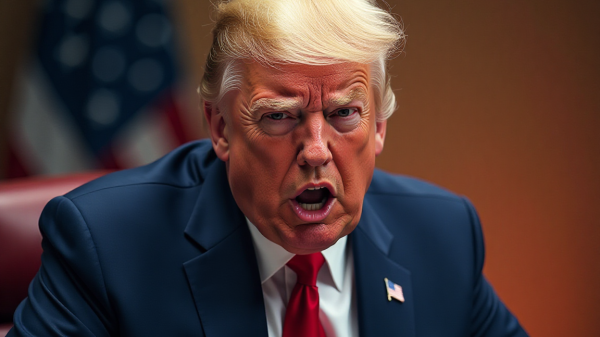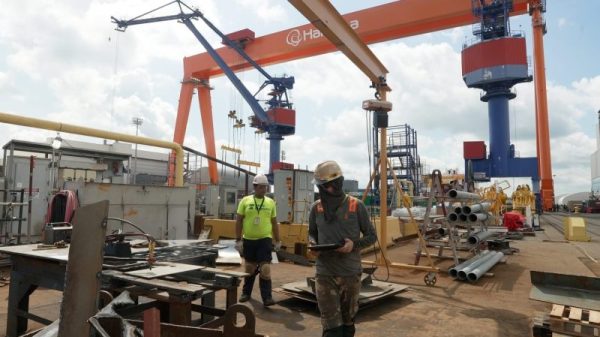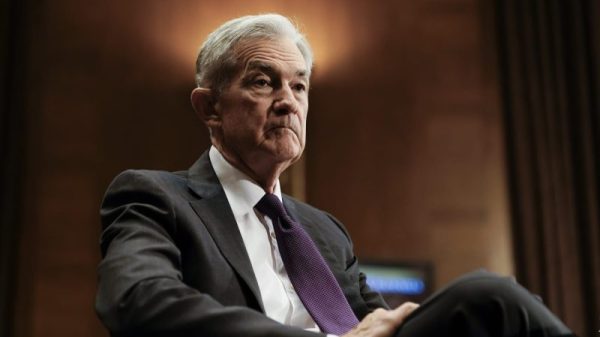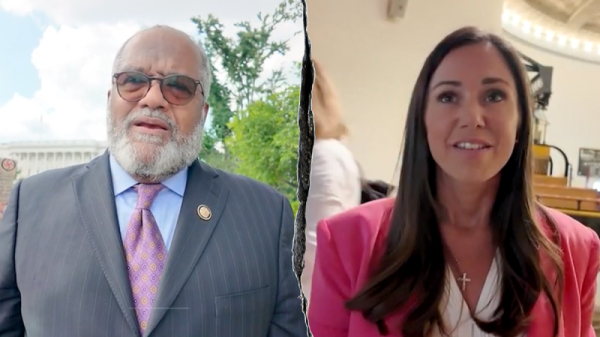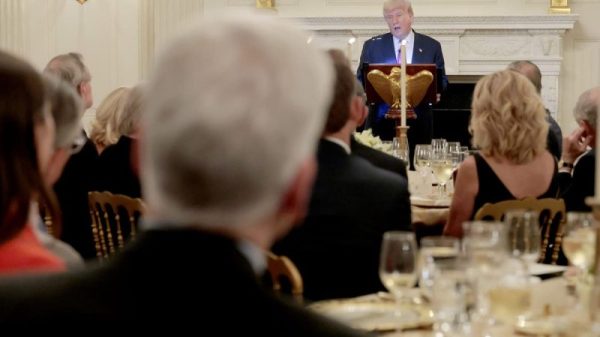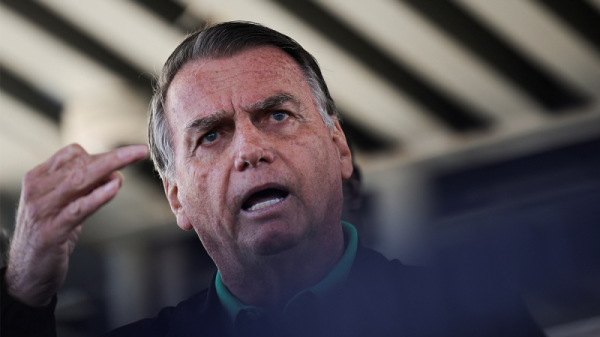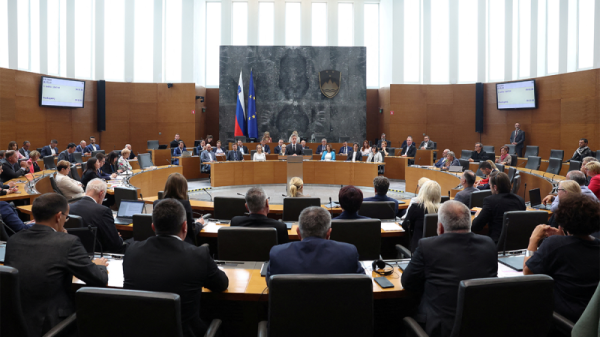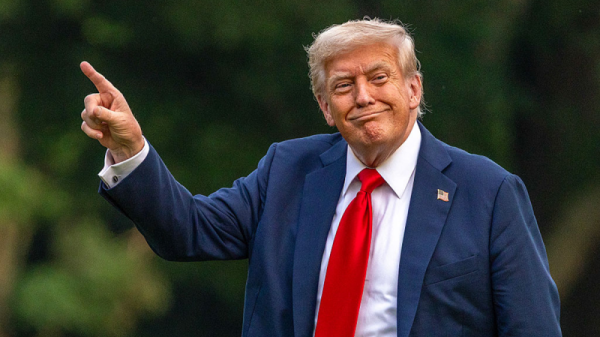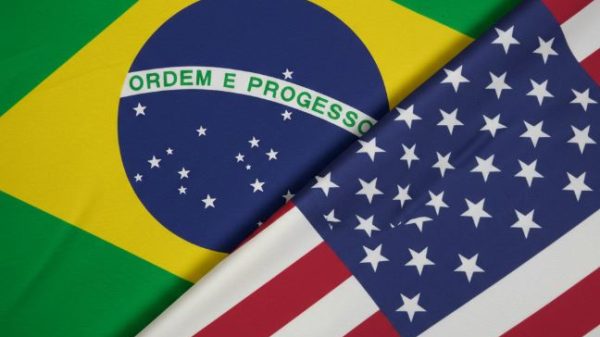Argentina, the IMF’s biggest borrower and perpetual headache, is again calling on the good offices of the Washington lender.
Now, it has come to a head over failing to meet a primary criterion of its latest $20 billion deal: the replenishing of reserves of foreign currency.
And even with the miss, analysts and former officials say there’s little doubt the IMF will provide the waiver needed.
April deal negotiated to refinance a prior $44 billion loan and give libertarian President Javier Milei administration tools to start rolling back capital controls; this is Argentina’s 23rd with the IMF.
Ambitious economic targets were attached to the arrangement, aimed at ensuring future disbursements.
Among those were inflation targets and the rebuilding of central bank reserves that were at dangerously low levels when Milei assumed the presidency at the end of 2023.
Since then, Milei has implemented severe fiscal tightening and moved the country away from the path to a recession.
Still, even with this plan to stabilise the economy and currency, Argentina has missed its reserve accumulation targets set in the IMF programme.
Waiver likely as IMF review begins in Buenos Aires
Former IMF and Argentine officials feel Milei’s administration has achieved sufficient progress elsewhere, particularly in terms of fiscal deficit reduction, to justify IMF flexibility.
Claudio Loser, a former IMF Western Hemisphere director, expressed confidence that the Fund will overlook the failed reserve targets, possibly authorising the program’s first review with a formal waiver.
“I think they will forgive them even if they (the IMF) then ask for more later,” Loser told the news agency Reuters.
The IMF team arrived in Buenos Aires on Tuesday to perform the first program review.
This is a vital checkpoint for releasing the next disbursement of approximately $2 billion.
Former Argentine Finance Secretary Daniel Marx stated that, while the disbursement is expected, it will not occur automatically.
“Most likely, the disbursement won’t be automatic, but it will require a waiver,” Marx explained. “It was assumed that the central bank would have interfered by stockpiling reserves. This hasn’t happened till now.”
Officials from the Ministry of Economy, the presidency, and the central bank have not publicly commented on the negotiations. In a brief statement, the IMF announced that its technical team had arrived to begin the review.
Focus shifting from reserves to structural reform
While the IMF remains focused on macroeconomic data, there are indications that priorities are evolving.
Minister of Economy Luis Caputo has declared that collecting reserves is no longer a top priority.
With a more freely floating peso and greater central bank financing, he believes the focus has shifted to structural reform and fiscal restraint.
Milei’s financial track record is important to Argentina’s waiver request. His government has not only closed a long-standing fiscal deficit, but has also pledged to tighten austerity measures.
Last Monday, the administration announced more spending cutbacks to attain its primary surplus objective of 1.6% of GDP.
Milei’s “deficit zero” policy has been praised for stabilising markets and gaining worldwide credibility, notably from the IMF itself. Analysts believe that the excellent fiscal performance may outweigh the shortage in reserves, at least for now.
As negotiations continue in Buenos Aires, the conclusion of the review will be a major indicator of how far the IMF is willing to bend in support of Milei’s economic overhaul, and how much missed objectives matter when broader reforms are on track.
The post Argentina set to win IMF waiver despite missing reserve target in $20 billion deal appeared first on Invezz




